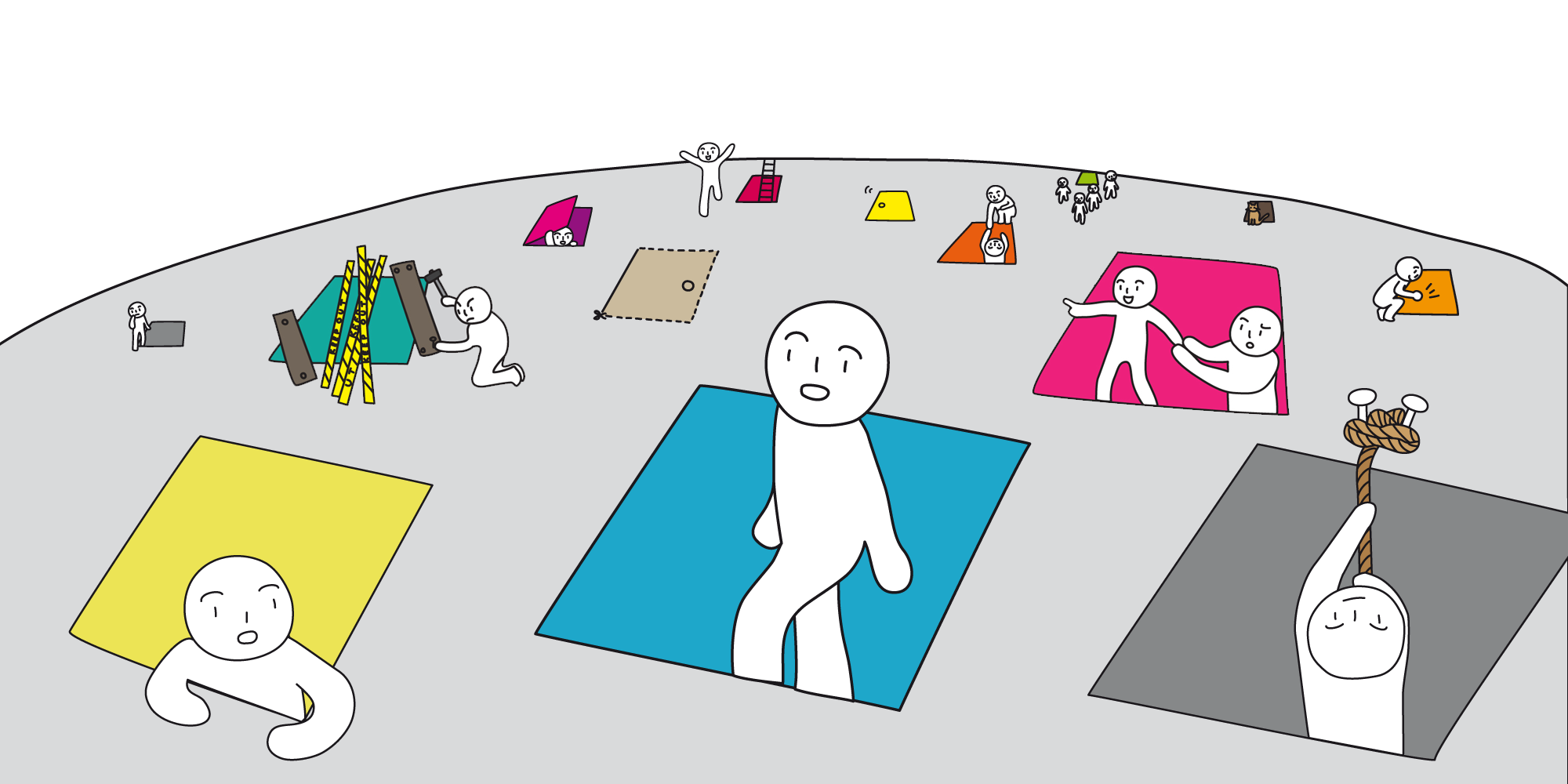Ganztags
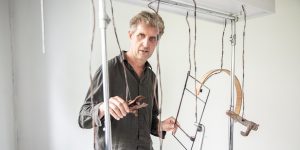
Found Sound Discovery
Robin Weijers (NL), Manolis Perrakis (EL)
Found Sound Discovery explores movement, time and sound. An installation that involves analogue and digital interactions with the world around us. Through sensors and found objects, mechanical and digital interactions create the possibility of discovered sound.
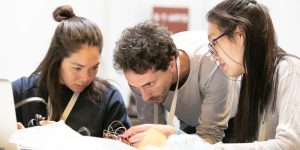
AIxMusic Workshops (Friday)
The AIxMusic Festival will start with a series of workshops at POSTCITY.
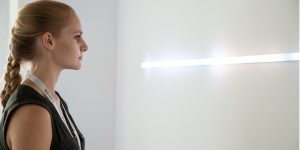
Perception
Cheska Lotherington (UK)
Perception is an experimental light piece that interacts with audience members. A thin rim around the edge of the room on the floor will project the light strips’ color up onto the walls. Three cameras mounted to the ceiling will feed data to the light strips.

AIxMusic Workshops (Sunday)
In recent years, the academic interest in applying deep learning to creative tasks such as generating text, images or music has drastically increased. These workshops offer everyone the opportunity to try out the AI systems used for making and playing music.
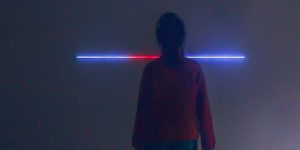
Spectacular Resonance
CCW, University of the Arts London
MA Fine Art Digital is a course that asks questions about what art is in a digital environment. Rather than focusing on specific technology, it allows students from incredibly diverse backgrounds to engage with significant issues through their art. BA Print & Time Based Media is a course that combines the traditional with the contemporary, bringing together print-making, photography, film, audio, writing, video and performance art. This exhibition is co-curated by artists and Program Directors Jonathan Kearney and Lois Rowe from UAL and will showcase work from areas they oversee.
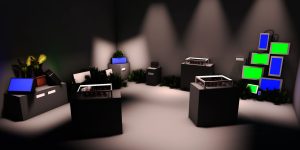
GROWING OUT OF UNNATURAL
Universitat Politècnica de València, San Carles- Fine Arts Faculty, MA Visual Arts & Multimedia (ES)
Using art (techné), as a creative vehicle between nature, world and society, the projects brought together by this exhibition act as funambulistic machines that walk on the threshold of these states, breaking through spaces full of perpetual instability in the order of thinking and also in the order of doing.
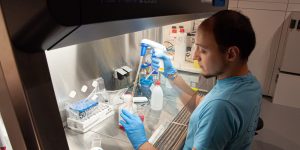
Lat BioLab
UMAI Maimonides University (AR)
Is Humanity near its end? Is our community in an evolutionary process of collective thought? These are some of the questions we ask ourselves at the Lat BioLab.

Swipe
Bérénice Serra (FR)
Swype is a virtual keyboard, developed for touchscreen smartphones and tablets, that allows the user to write by sliding his finger from the first to the last letter of a word. Using a predictive text system, this keyboard can achieve a writing speed of 50 words per minute. The Swipe project proposes a translation app that highlights a link between writing speed and the enrichment of language through graphic writing, by recording the signs generated with the Swype keyboard. Each word then produces a new sign.
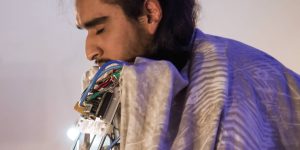
IC-Decoder
Wesley Lee Yang (BR)
For this year’s exhibitions graphic design, we not only wanted to develop attractive aesthetics but also to provide an appealing visual code that can be decoded in order to transmit information. It is with this in mind that the IC-Decoder was created: a ludic exploration of decoding potential information from visual patterns.
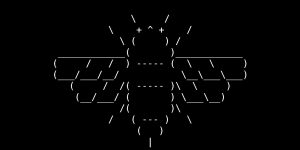
Nothing wild in particular
Jeremie Nuel (FR)
Consciousness, memory, reality and identity are regular themes in Philip K. Dick’s books. These concepts have fed into AI research since the seventies. This work uses Andrej Karpathy’s neural network, known as “recurrent,” to train a computer program, using as source a text or a corpus. Once trained, the code writes, character by character, a new text. The corpus that feeds the neuronal network shortens Philip K. Dick’s work (52 books). As a mirrored entity, strange and undisciplined, the computer program tries to write, at every iteration, step by step, an often-absurd story, and sometimes, a poetic one.
